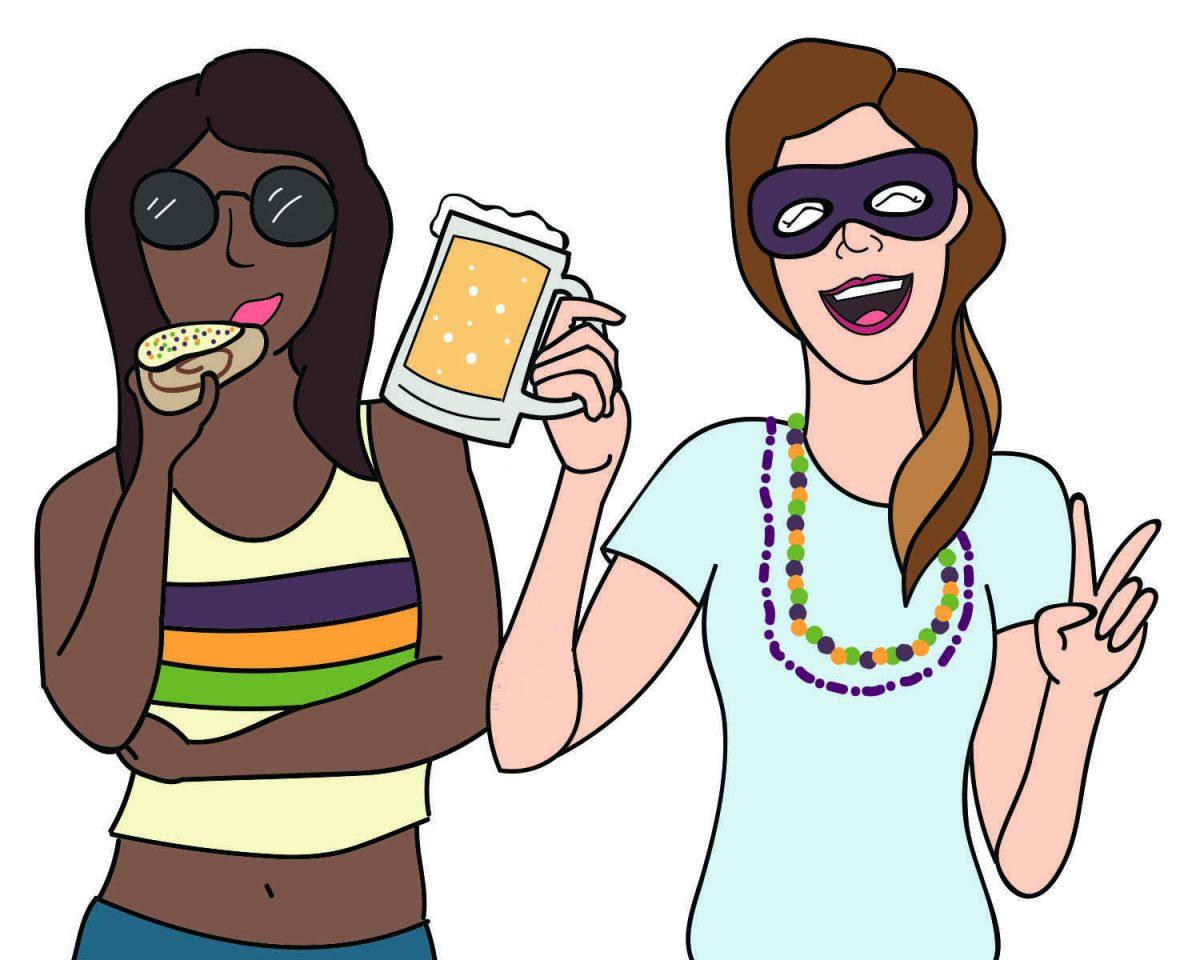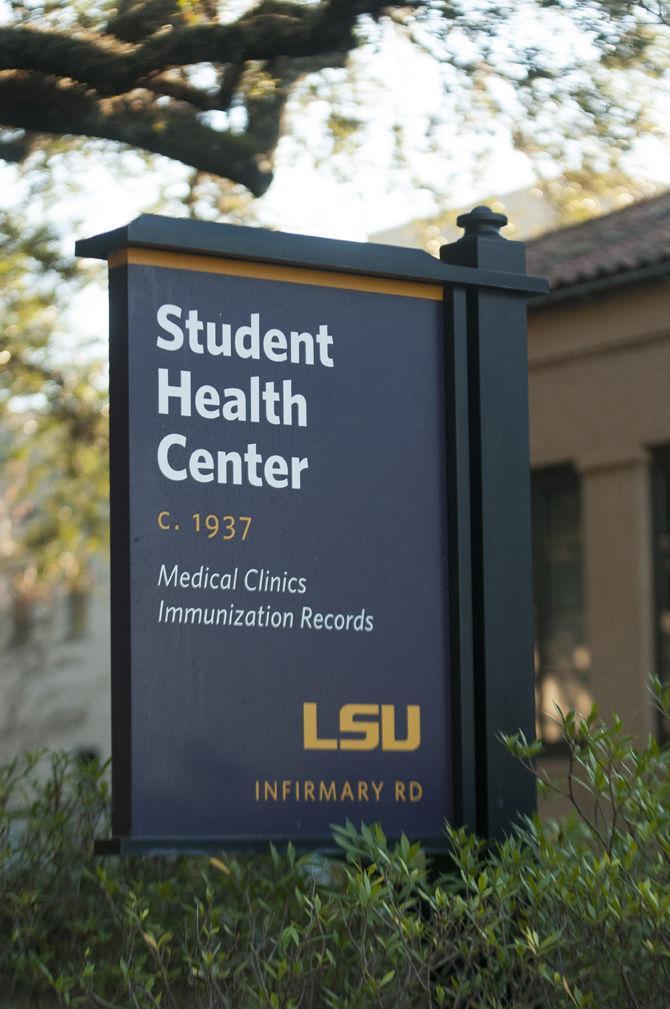There’s no doubt the entire state of Louisiana started preparing for Mardi Gras months ago. Beads are bought in bulk along with alcohol, masks and costumes. People work on parade floats for months and plan parties by the dozens. Outsiders buy plane tickets and hotel rooms and head to New Orleans for the weekend. The whole state slips into party mode and forgets about all their worries.
Just as partiers get ready, so does law enforcement. According to the Times-Picayune, within the first two weeks of Feb. 2016, more than 30 guns were confiscated from Mardi Gras parade routes and approximately $376,000 worth of drugs were taken off the street. There were were 150 arrests, 50 felonies and about 415 criminal charges. All of this was before Mardi Gras even began.
Mardi Gras is part of what makes Louisiana so great, but for many it is also a tragic time of the year. There is no need to abstain from drinking and other activities during Mardi Gras, but people need to be more responsible about the choices they’re making. If you’re drunk, don’t drive. If you’re high, don’t drive. If you’re buzzed, don’t drive. There is no reason to get into a car while intoxicated or accept a ride from anyone intoxicated.
According to the Louisiana Highway Safety Commission, there were 599 fatal and injury crashes, 10 deaths and 1,005 injuries during the five-day Mardi Gras holiday in 2015. Previous years have not been a walk in the park, either. In 2014, 34 percent of traffic fatalities involved drunk drivers. People are dying every year in the name of Mardi Gras festivities.
“Unfortunately, in Louisiana, we confront a culture that too often ignores warnings about drinking and driving, but it’s especially acute at Mardi Gras, when so many of the celebrations involve alcohol consumption,” said Lt. Col. John LeBlanc, Executive Director of the Louisiana Highway Safety Commission.
American Press reported Louisiana’s 2015 Mardi Gras holiday was the single-most dangerous holiday on state highways.
This year it could be you who’s being taken to the hospital instead of back to the hotel. It could be your children this year. You could be the one that’s sending someone else’s kids and family to the hospital. Don’t take that risk. One holiday is not worth a lifetime full of guilt and grief.
Many drug traffickers spend months driving back and forth from their hub to New Orleans gearing up for Mardi Gras. They’re bringing incredible amounts of drugs into the city everyday. With drugs comes violence, crime and guns. Shootings are always possible and danger rises with the tensions of competing dealers trying to control parts of the city.
Even with the dangers of alcohol, drugs and violence, people still feel the need to bring their young children to New Orleans. The Mardi Gras environment is no place to bring children. Parents risk the safety of their kids when they drag them through Bourbon Street and Canal Street into early hours of the morning. The original concept of parades and floats may have appealed to children but times have changed and the festivities have evolved into a more dangerous game. Do the responsible thing and leave the kids at home with a babysitter.
Although Mardi Gras is a strong cultural part of this state, no holiday is worth dying for. Be smart on the streets and in the bars. Party, but at the same time be aware of your surroundings. It’s always beneficial to have a plan on how to get home after Mardi Gras to ensure your safety and the safety of those around you trying to get home as well.
Casey Pimentel is an 18-year-old mass communication freshman from The Woodlands, Texas.
Opinion: Mardi Gras can be dangerous, unsafe for families
February 25, 2017
Cartoon: Mardi Gras
More to Discover










